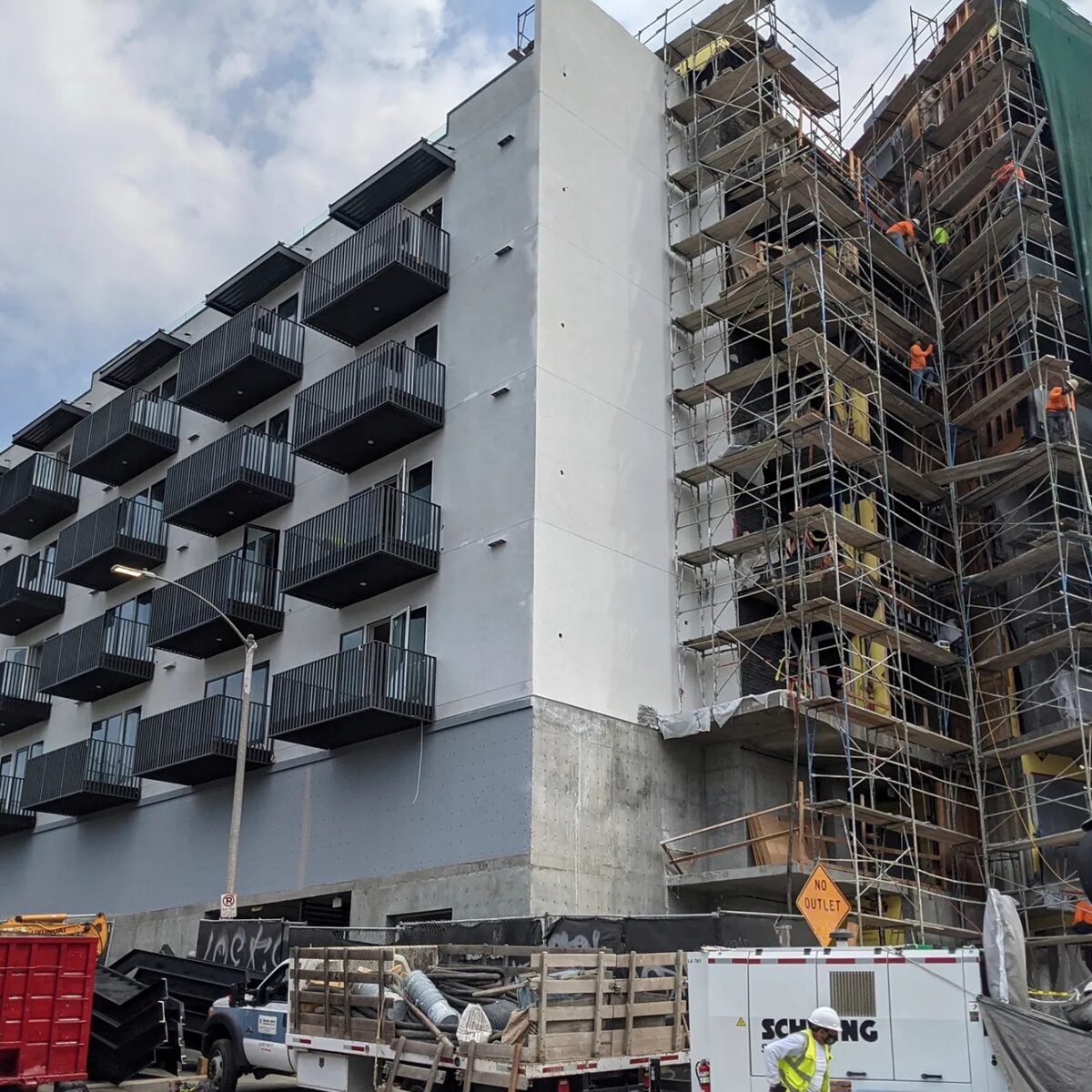Whether a city decides it needs more schools, apartment buildings, businesses or, in the case of inclusionary zoning, affordable housing, it has broad power under the constitution to “decide, for the good of the general welfare, that we’re going to require this,” said Mike Rawson, director of litigation at the Public Interest Law Project.
The state Supreme Court ruled as such most recently in 2015. The U.S. Supreme Court declined to weigh in, a tacit approval.
“They can always change their mind,” said Rawson. “I don’t see a basis for it, though obviously that doesn’t necessarily stop them.”
The composition of the court has changed since 2015, veering sharply to the right. The Sheetz decision from last year has offered new fodder for legal challenges to inclusionary zoning.
“Sheetz really helps out here a lot” in that campaign, said Deerson. He pointed to other challenges in Denver and Teton County, Wyoming. “I would expect them to keep coming.”
Tradeoffs in housing policy
If and when the nation’s highest court takes up the issue of inclusionary zoning, it will be wading into one of the more politically charged debates in housing policy.
Evidence on the impact of these laws is mixed. Requiring private developers to build affordable units can and regularly does result in more local housing options for lower-income tenants at no additional cost to taxpayers. By putting affordable and market-rate units side-by-side, they also promote economic and racial integration, supporters argue.
But inclusionary requirements can also make any given housing project less profitable, meaning that fewer units get built, leading to higher prices and rents overall. In housing markets, like California’s, that see relatively little new development, the rate at which these programs add designated affordable units to the housing stock is also quite slow.
That policy debate isn’t relevant to the legal case, which will be fought and won over abstract constitutional principles. But for libertarian-leaning groups like the Pacific Legal Foundation, building industry groups and many “Yes In My Backyard” housing development advocates, an end to inclusionary zoning would be a win on both fronts.
“In addition to being illegal, I think that these inclusionary zoning policies are also frankly stupid,” said Deerson.
This article was originally published on CalMatters and was republished under the Creative Commons Attribution-NonCommercial-NoDerivatives license.





